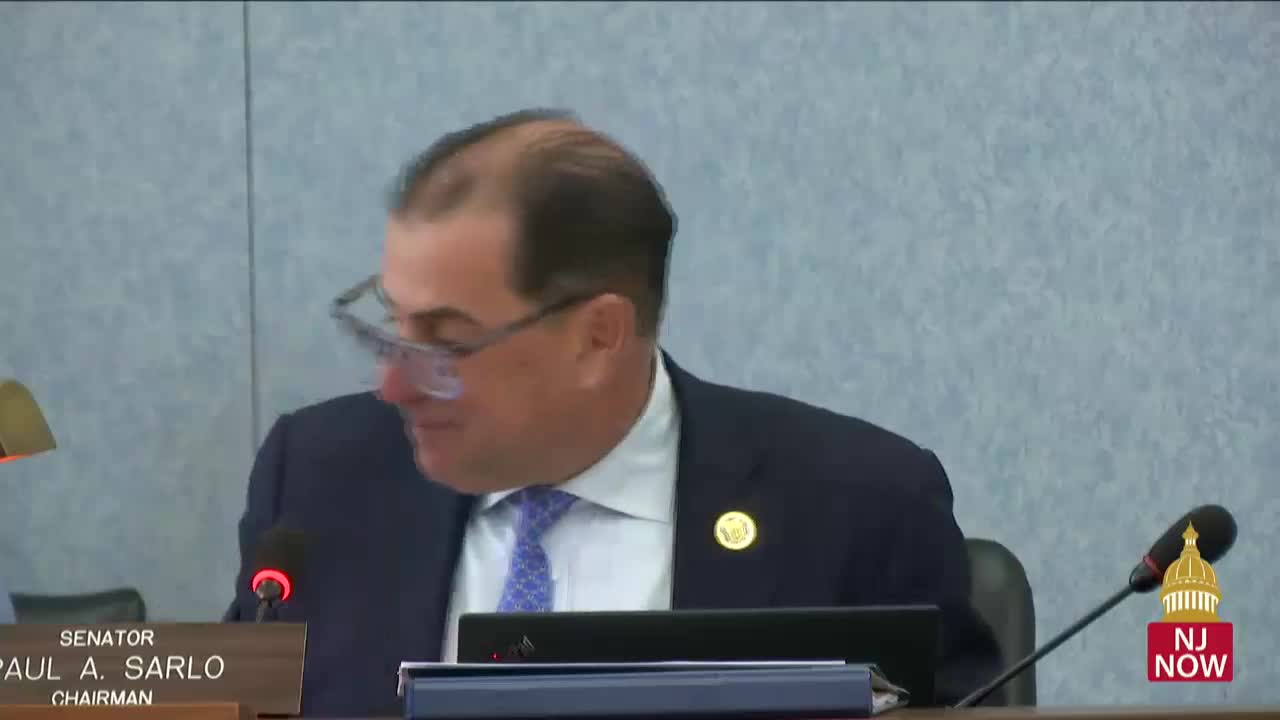Article not found
This article is no longer available. But don't worry—we've gathered other articles that discuss the same topic.
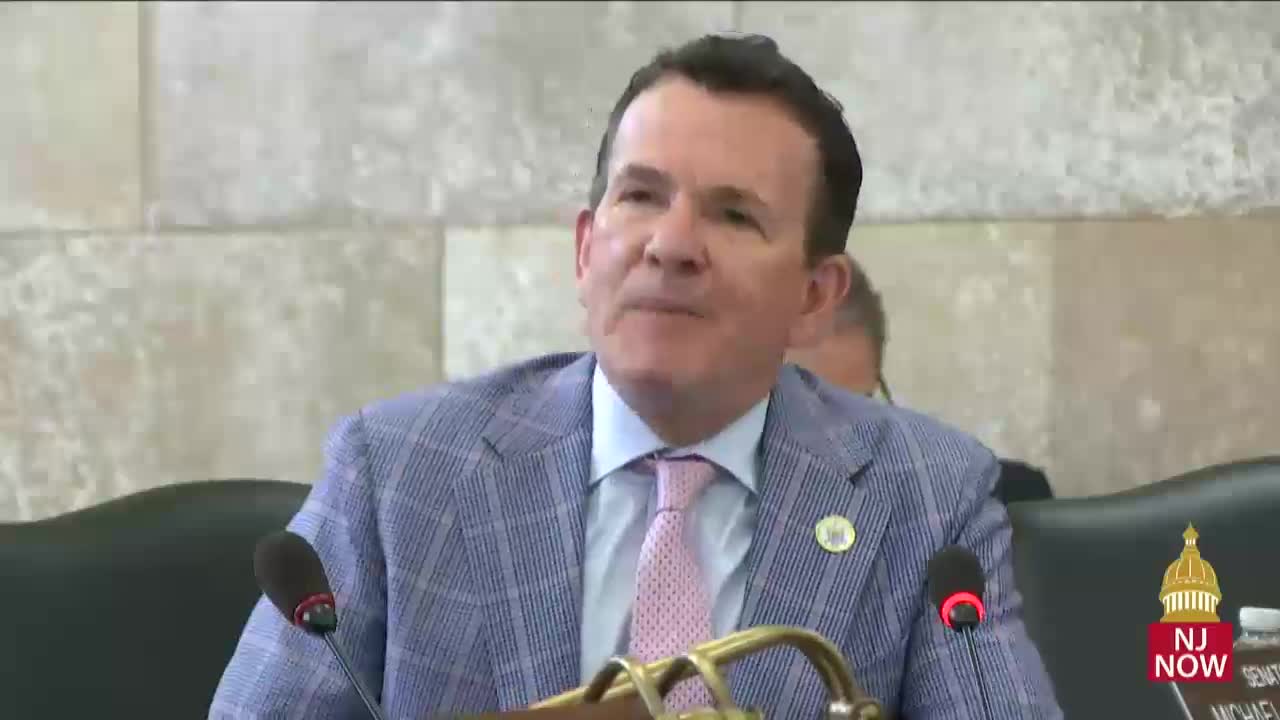
Senators press regulator on $600 million Horizon conversion payment and guaranty coverage for school claims
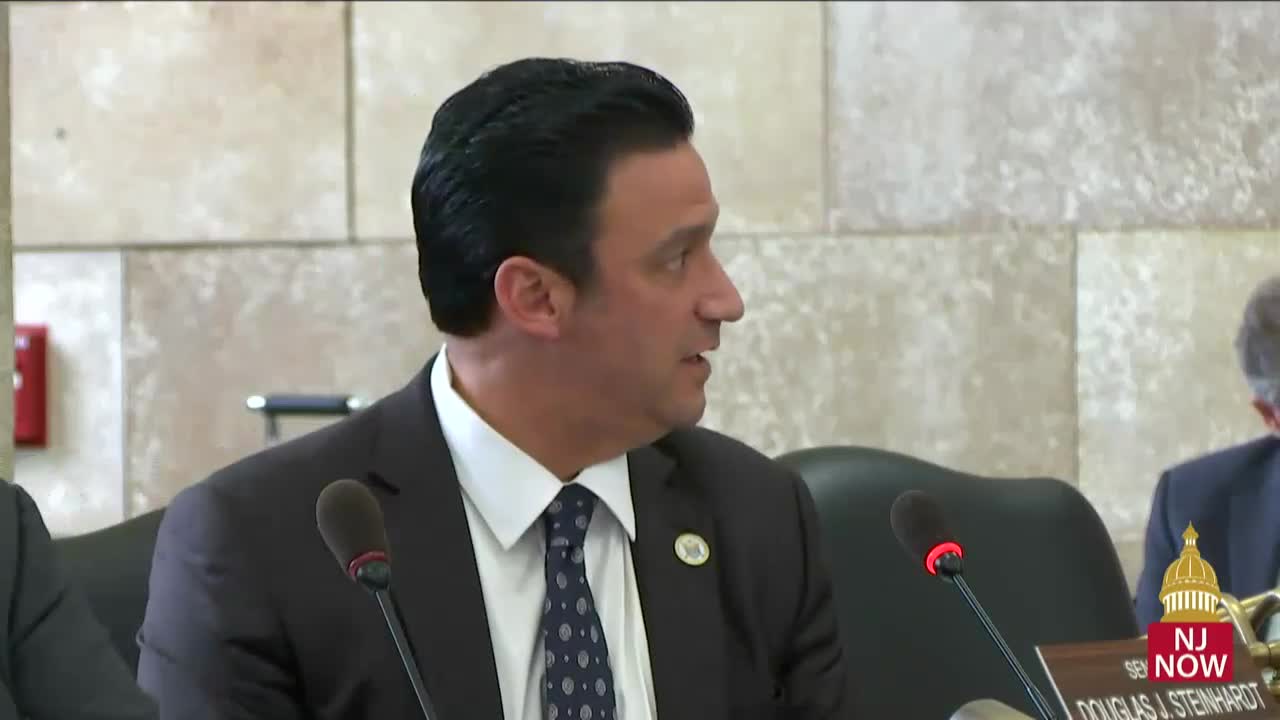
Senators raise alarms about manufactured-home owners in shore counties who cannot find property coverage
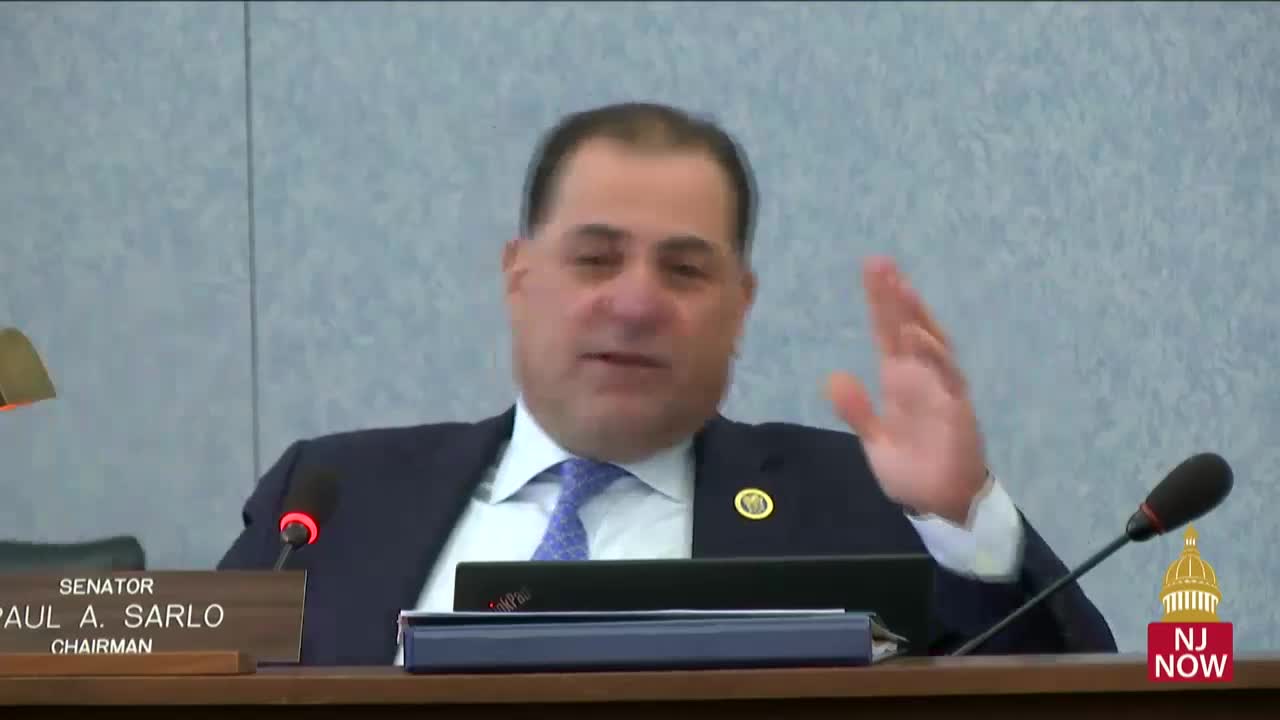
Regulator says department blocks excessive auto and homeowners rate hikes, uses actuarial review
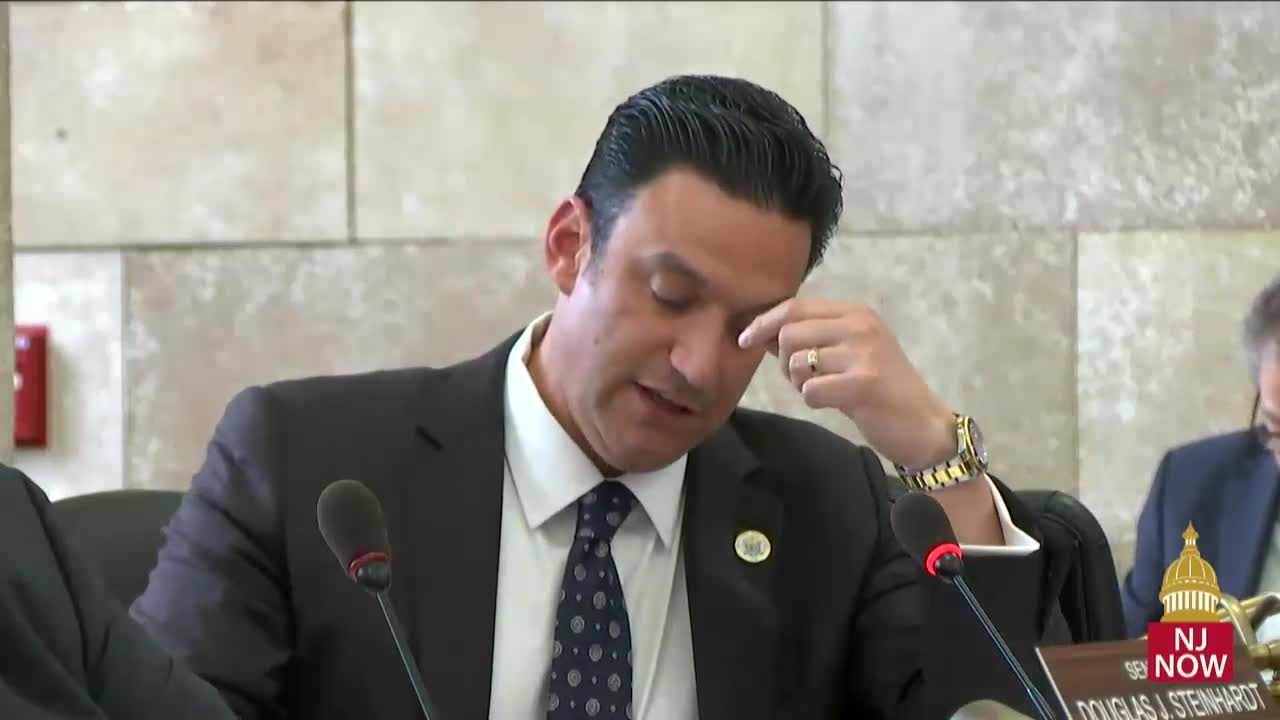
Senators press regulator on several state insurance funds, transfers and a growing exchange surplus
